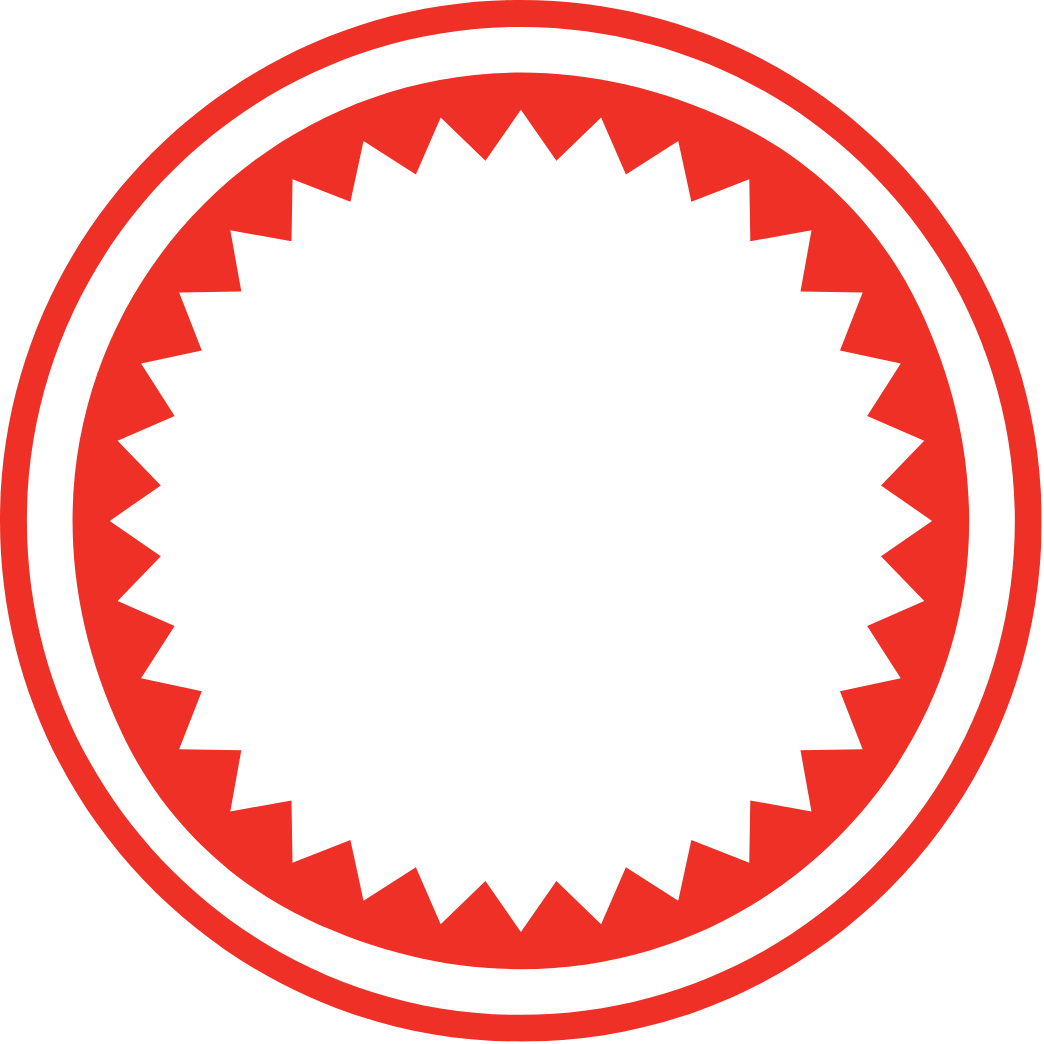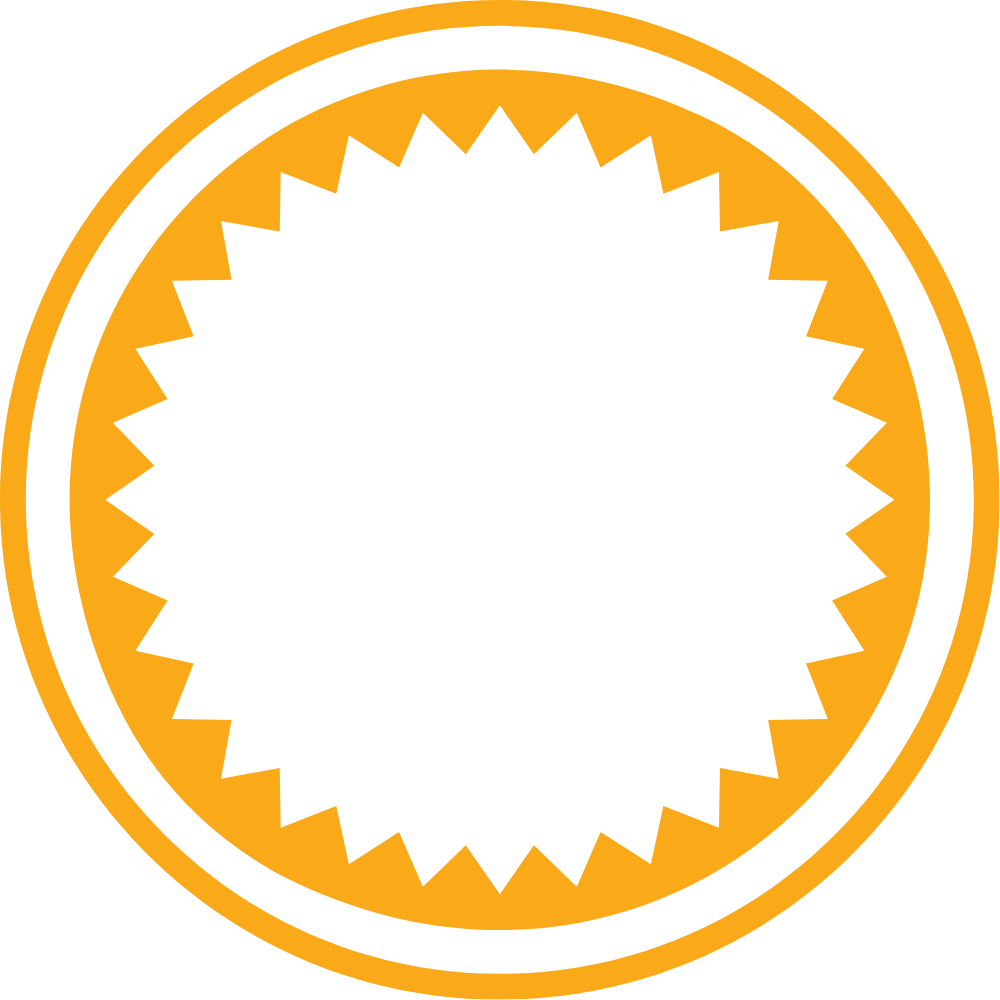In an era where data breaches and privacy violations dominate headlines, understanding data privacy in South Africa has become crucial for businesses.
The Protection of Personal Information Act (POPIA) was enacted to safeguard personal data and ensure compliance with rigorous privacy standards. As organizations adapt to these regulations, it is essential to grasp the key aspects of POPIA compliance, how it impacts their operations, and the necessary steps to protect personal information.
Understanding POPIA and Its Importance
POPIA aims to protect the personal information of data subjects in South Africa. This legislation governs how businesses collect, process, store, and share personal data.
POPIA compliance is mandatory for all organizations that handle personal data, whether they are large corporations or small startups. By adhering to these regulations, businesses can foster trust with their customers and enhance their reputation.
The act of 1974 laid the foundation for information privacy in South Africa, but POPIA takes this a step further by introducing comprehensive guidelines for the responsible handling of personal data.
Companies must implement robust data privacy policies that align with POPIA requirements to ensure compliance and protect sensitive data.
Key Principles of POPIA Compliance
To comply with POPIA, organizations must understand and implement several key principles:
- Accountability: Businesses must appoint an Information Officer responsible for ensuring compliance with POPIA. This individual oversees the organization’s data privacy practices and acts as a point of contact for data subjects.
- Processing Limitation: POPIA applies strict limitations on processing personal data. Organizations can only collect data for specific, lawful purposes and must ensure that data is relevant and not excessive.
- Purpose Specification: Organizations must clearly define the purpose for which personal data is collected. This specification must be communicated to data subjects at the time of data collection.
- Further Processing Limitation: Any further processing of personal data must align with the original purpose of collection. If businesses wish to use the data for a different purpose, they may need to obtain consent from the data subject.
- Information Quality: Companies must take reasonable steps to ensure that the personal data they collect is accurate, complete, and up-to-date.
- Openness: Transparency is key. Organizations must inform data subjects about the collection, use, and storage of their personal data through a well-defined privacy policy.
- Security Safeguards: Implementing appropriate security measures is crucial to protect personal information from data breaches. Businesses should establish access control measures and regularly assess their security protocols to mitigate risks.
- Data Subject Participation: Data subjects have the right to access their personal information and request corrections. Businesses must facilitate these requests and ensure compliance with the relevant provisions of POPIA.
Exploring the Vitality of Afrikaans Translation in Today’s South Africa .. Read more!
The Role of Consent in Data Collection
Obtaining consent is a cornerstone of POPIA compliance. Organizations must secure explicit consent from data subjects before collecting their personal data, including sensitive data such as health information or financial details.
Consent must be informed, meaning that data subjects should clearly understand what data is being collected, how it will be used, and the potential risks involved.
For instance, when collecting email addresses for marketing purposes, businesses must ensure that individuals know they are consenting to receive promotional communications. A well-structured privacy policy should outline how contact information will be utilized and provide an option to withdraw consent at any time.
Protecting Personal Data from Breaches
Data breaches can have devastating consequences for organizations, including reputational damage and financial losses. To ensure compliance with POPIA, businesses must implement robust security measures to protect personal data.
Security measures should include encryption, access controls, and regular audits of data handling practices. Additionally, organizations should have an incident response plan in place to address potential data breaches promptly.
If a breach occurs, companies must notify affected data subjects and the Information Regulator as per POPIA requirements.
The Intersection of POPIA and GDPR
While POPIA is specific to South Africa, it shares similarities with the General Data Protection Regulation (GDPR) of the European Union.
Both regulations emphasize the protection of personal data and the rights of data subjects. Businesses that operate internationally or handle data from EU citizens must be aware of GDPR compliance in addition to POPIA.
Adopting a data privacy policy that aligns with both POPIA and GDPR can help organizations streamline their compliance efforts. This approach ensures that they meet the requirements of multiple jurisdictions while safeguarding personal information.
Conclusion
Data privacy in South Africa is a critical concern for businesses navigating the complexities of the digital landscape.
Understanding POPIA compliance and implementing effective data privacy policies is essential for protecting personal information and maintaining customer trust.
By prioritizing data security, obtaining consent, and ensuring transparency in data processing, organizations can effectively comply with POPIA while fostering a culture of information privacy. As data breaches become more prevalent, businesses that prioritize the protection of personal information will not only comply with the law but also position themselves for long-term success in the digital age.
Embracing these principles will ultimately lead to better relationships with customers and a stronger reputation in the marketplace.
Experience Excellence: Partner with AfroLingo for Unmatched Quality in Translation!
At AfroLingo, we work on a broad diversity of projects, ranging from medical to legal, financial, and marketing. Yet, our main focus is quality. That’s why we only work with industry-specific and subject matter-specific translators. Further, at AfroLingo, your content is translated, then proofread, then edited, then finally reviewed by linguists and specialists with higher levels of expertise and experience so they can deliver the highest excellence on every level.
Request a Quote and take your communication to new heights with AfroLingo!
Guarding Your Data: Essential FAQs on Privacy in South Africa
What is data privacy in South Africa?
Data privacy in South Africa refers to the protection of personal information collected, processed, and stored by organizations.
It is governed by the Protection of Personal Information Act (POPIA), which aims to safeguard individuals’ privacy rights and ensure responsible handling of personal data.
Does South Africa have a data protection authority?
Yes, South Africa has a data protection authority known as the Information Regulator. This body is responsible for enforcing the provisions of POPIA, overseeing compliance, and addressing complaints related to data privacy violations.
What is the state of privacy in South Africa?
The state of privacy in South Africa is evolving, particularly with the implementation of POPIA. While there are legal frameworks in place to protect personal information, challenges remain regarding enforcement, public awareness, and the balance between privacy rights and national security concerns.
What are the POPIA regulations in South Africa?
The POPIA regulations establish guidelines for the lawful processing of personal information, including the rights of data subjects, the responsibilities of data controllers, and the conditions under which personal data can be collected, stored, and shared.
The act emphasizes transparency, consent, and accountability in data handling practices.
What is the invasion of privacy law in South Africa?
The invasion of privacy law in South Africa protects individuals from unauthorized intrusion into their personal lives. This includes unlawful surveillance, disclosure of private information, and other actions that violate an individual’s right to privacy.
The law is supported by constitutional provisions and various statutes, including POPIA.







